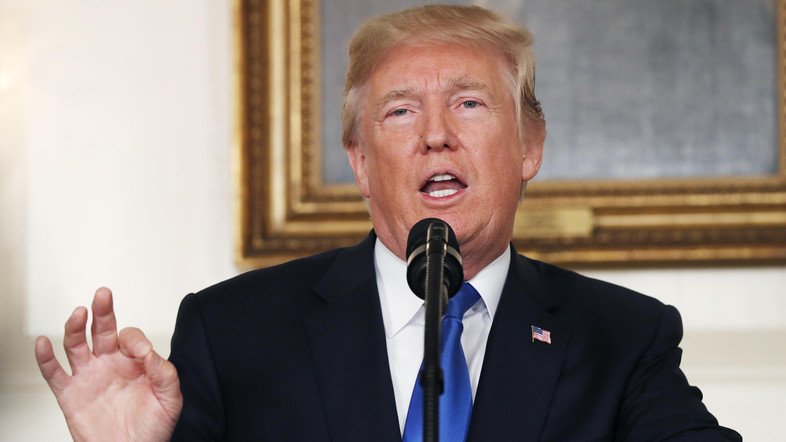
22 May 2015 — What do you do when you’re burdened with the oil industry’s biggest debt, credit is drying up and some of your main suppliers are under the gun? Call China.
Brazilian President Dilma Rousseff’s strategy of turning to fellow BRIC member China to finance the country’s prized state-controlled oil company is paying off as she and Premier Li Keqiang unveiled $10 billion in Chinese credit.
The fresh funding comes as Rio de Janeiro-based Petrobras seeks to leave behind the biggest crisis of its almost 62-year history. Petroleo Brasileiro SA, as it’s known formally, has been at the center of a corruption scandal that sent shudders through the country’s business and political elites and all but closed access to bond markets, while ill-conceived projects prompted $15 billion in write-downs.
“This shows Petrobras is looking for any alternative to avoid cash-flow problems this year,” Bruno Caloni, an analyst at Coinvalores brokerage, said by telephone from Sao Paulo. “Petrobras is building a trust relationship with China.”
The $10 billion announcement includes $5 billion in loans from China Development Bank, of which $3.5 billion was disbursed last month, and two initial agreements worth a combined $5 billion with the Industrial and Commercial Bank of China and the country’s Export-Import Bank. The Chinese financing package surpasses the $8.5 billion obtained by Petrobras from bond investors in March 2014, the last time the producer — one of the biggest emerging-market bond issuers — sold debt in international markets.
“The main objective is to guarantee the oil supply, even if it has a political bias,” said Reinado Ma, a partner at TozziniFreire Advogados.
Closer Ties
The Chinese loans will provide part of the cash Petrobras needs to finance expansions, said Danilo Onorino, a portfolio manager at Dogma Capital SA, which holds Petrobras bonds.
“China is helping the company execute its capex because it will need that extra oil production from Petrobras,” he said by telephone from Lugano, Switzerland. “The ties between China and Brazil are closer than we think.”
Terms of the arrangements weren’t disclosed in Tuesday’s announcements. Chief Financial Officer Ivan Monteiro told reporters last week that the $3.5 billion portion, that was announced in April, didn’t involve any trade for oil and was connected to previous agreements, without elaborating.
“This agreement continues the strategic partnership between CDB and Petrobras, strengthening cooperation between the economies of both countries,” Petrobras said in a statement, declining to comment further in an e-mailed response.
Terms Unknown
While Tuesday’s announcements strengthens Petrobras’s balance sheet, uncertainties remain regarding the collateral requested by China, Coinvalores’s Caloni said.
“Petrobras didn’t clarify what is the quid pro quo of the Chinese loans,” he said. “This is a point that will require further explanations in the coming days.”
A $10 billion arrangement with China in 2009 included a commitment to export as many as 150,000 barrels a day of oil in the first year and 200,000 barrels a day over the subsequent nine years. In 2013, two Chinese oil companies each took a 10 percent stake in a consortium to explore Libra, the country’s biggest oil project, in deep waters of the Santos Basin.
Last year, Bank of China Ltd. became the first Chinese lender to underwrite a Latin American debt offering when it participated in Petrobras’s $8.5 billion bond sale. In November, the Brazilian company sold its Peruvian operations to China National Petroleum Corp. for $2.6 billion.
Big Investments
The yield on Petrobras’s benchmark $2.5 billion of bonds due in 2024 fell to 6.25 percent from a high of 7.95 on March 17 as the company takes steps to regain investor confidence. Total debt has surged 10-fold in the past six years to about 400 billion reais ($125 billion), more than double market value.
The agreements with China are just another step in Petrobras’s restructuring to finance investments, Brazil’s Mines and Energy Minister Eduardo Braga said.
“Petrobras is doing new financial engineering,” he told reporters in Rio Wednesday. “It will take more steps, because it’s a very big company and it’s making very big investments.”
–With assistance from David Biller in Rio de Janeiro.
*Juan Pablo Spinetto in Rio de Janeiro – [email protected]; Sabrina Valle in Rio de Janeiro – [email protected]. James Attwood – [email protected] Robin Saponar



